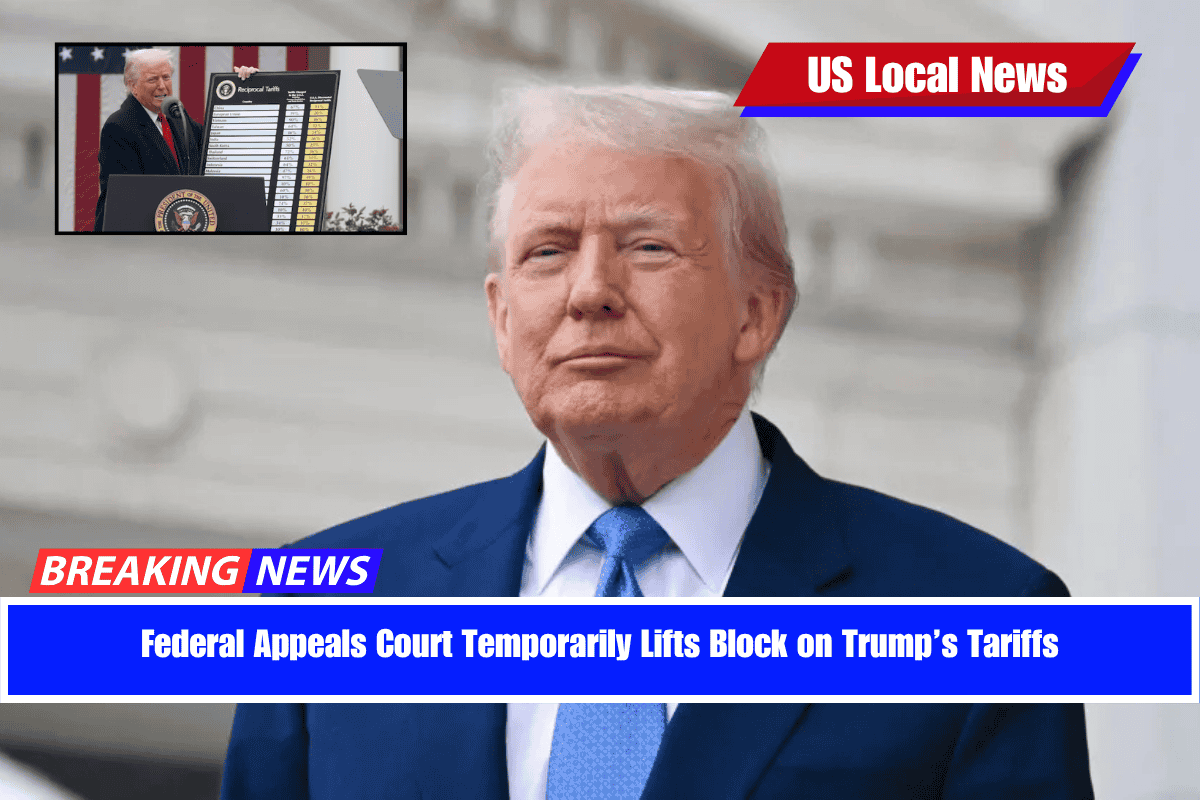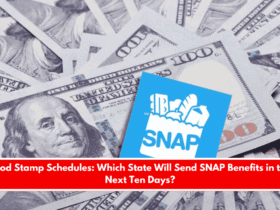A federal appeals court has temporarily lifted one of two court orders blocking President Trump’s tariffs, giving the administration a short-term victory after a lower court rejected its legal defense just hours earlier.
What Happened in the Courts?
On Wednesday night, the U.S. Court of International Trade in New York permanently blocked some of Trump’s tariffs, including those called the “Liberation Day” tariffs and others targeting China, Mexico, and Canada.
Separately, a federal judge in Washington, D.C., also blocked many of Trump’s tariffs, but gave the administration two weeks to appeal.
On Thursday, the U.S. Court of Appeals for the Federal Circuit temporarily stayed the New York court’s block, meaning those tariffs will not be blocked for now, pending further review. The appeals court set a briefing schedule through June 9 for both sides to submit their arguments before deciding on a longer stay.
What Are the Tariffs About?
Since taking office, President Trump has tried to impose tariffs on almost all U.S. trading partners. His administration claims authority under the International Emergency Economic Powers Act (IEEPA) of 1977. This law allows the president to apply economic sanctions during an emergency to combat an “unusual and extraordinary threat.”
Trump cites reasons like large trade deficits with other countries and the rise in fentanyl smuggling as justification for his tariffs.
Who Is Challenging the Tariffs?
Several Democratic-led states and small businesses have filed lawsuits, arguing that the president does not have the unilateral authority under IEEPA to impose these tariffs. They claim these tariffs cause harm by disrupting supply chains, forcing costly changes, and threatening the survival of businesses.
Jeffrey Schwab, senior counsel at Liberty Justice Center representing some plaintiffs, called the appeals court’s decision a “procedural step” and expressed confidence that the tariffs will eventually be blocked.
What About Other Tariffs?
Some of Trump’s tariffs, such as those on steel, aluminum, and cars, are imposed under different laws and are not affected by these court rulings.
Government’s Response
White House Press Secretary Karoline Leavitt criticized the judges who blocked the tariffs, accusing them of overstepping their authority and interfering with the president’s mandate from the American people.











Leave a Reply